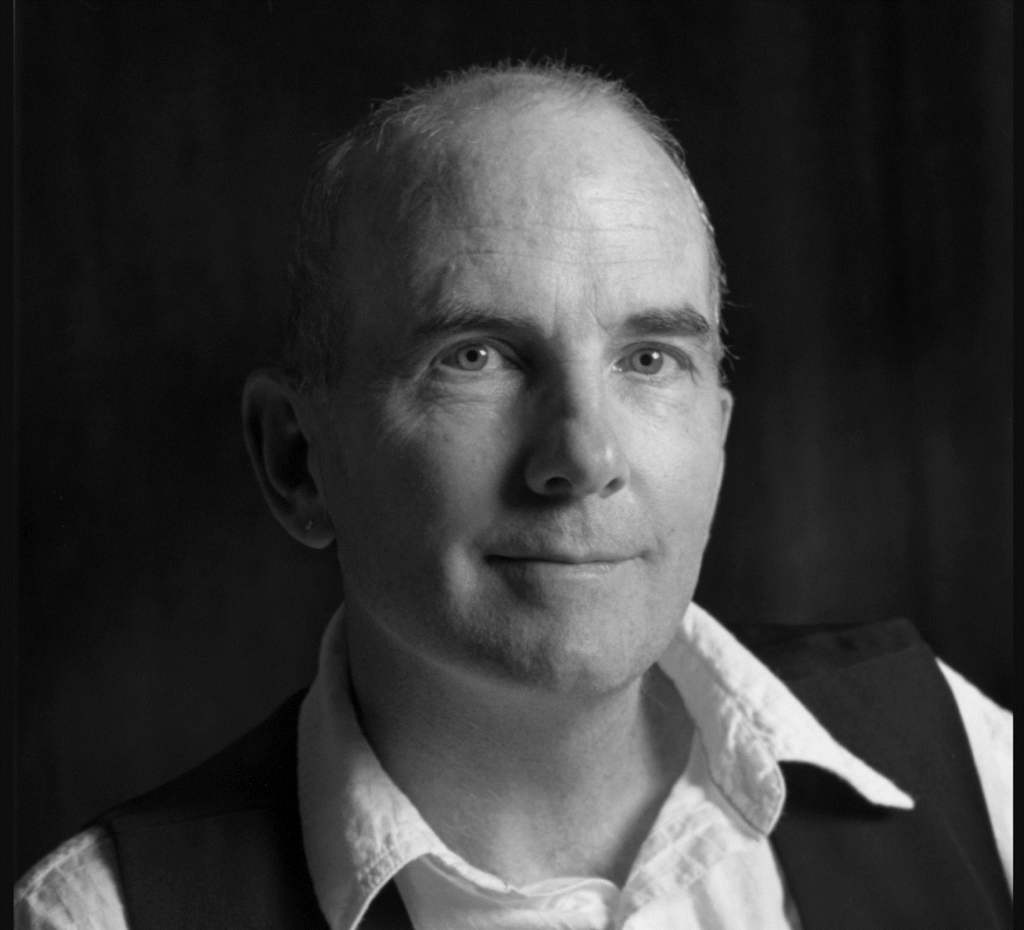Timothy Hampton, University of California Berkeley – Cheerfulness, Then and Now
 Have you been cheerful lately?
Have you been cheerful lately?
Timothy Hampton, Aldo Scaglione and Marie M. Burns Distinguished Professor of Comparative Literature and French at the University of California Berkeley, examines this feeling.
Writer, scholar, teacher, and translator Timothy Hampton teaches at the University of California at Berkeley. Primarily a student of the Romance languages and of the early modern period, he has written widely on literature and culture across languages and media. His most recent books are Bob Dylan: How the Songs Work (Zone Books, 2019), and Cheerfulness: A Literary and Cultural History (Zone Books, 2022). He is currently working on two projects: a memoir/essay about social inequality and the study of the humanities, and a book about Leonard Cohen.
Cheerfulness, Then and Now
On the map of our emotions, cheerfulness is a completely unnoticed or forgotten force. Nowadays, we often associate it with a kind of annoying upbeatness, a superficial optimism. Yet cheerfulness has a complex history. And it is defined by an important feature that sets it apart from other emotional states such as melancholy or anger. It is under our control. It is ephemeral, elusive, even, and yet we have some mastery of it.
In my research, I have been working to tell the story of this modest emotion. The English word “cheer” comes from an old French word mean “face.” To have a cheer is to have an expression, a self-presentation. Yet by the time of Shakespeare, cheer suggests psychological and spiritual uplift. The King James Bible reminds us that God loves a cheerful giver, thereby linking it to charity and to membership in a spiritual community. The unfolding of the modern era can be read in the permutations and borrowings of the idea of cheerfulness. For example, in the Enlightenment, it appears as a feature of the ideal social life. In the novels of Jane Austen, it is essential to proper female identity. In the English writer Charles Dickens, who chronicles the rise of modern capitalism, it is linked to social ambition. For the philosopher Nietzsche, it shapes the very material of art.
The study of cheerfulness reveals that to understand our emotional lives, we must take notice of how our ways of speaking about ourselves have changed through time. Cheerfulness is easy to overlook, yet it can shape the moral self and bind us to our fellows. By paying attention to its history and complex meanings we can come to a clearer understanding of the emotional and moral confusions of the present day.



A minute is NOT enough!